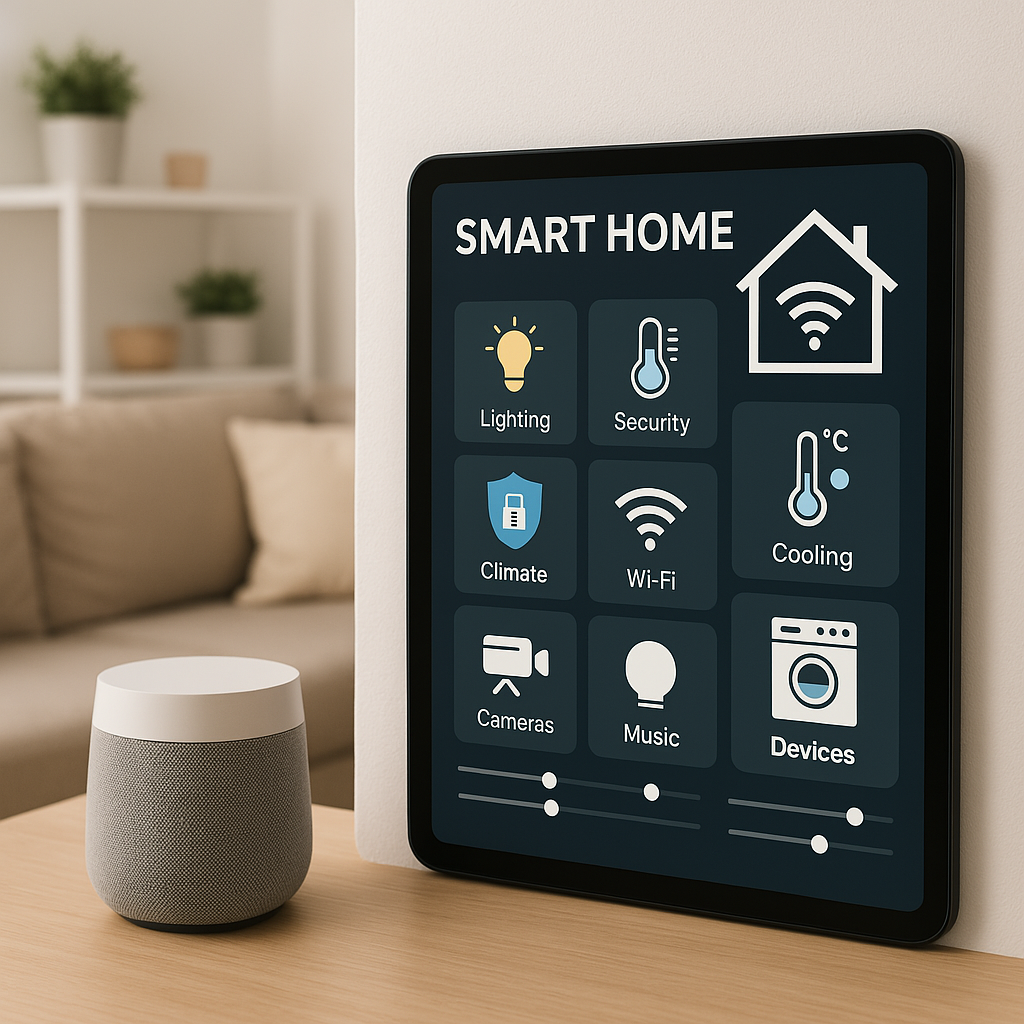
In a parallel world, the convenience and futuristic appeal of AI-powered smart home systems are undeniable. From automated lighting and temperature control to voice-activated assistants managing schedules and entertainment, these systems are rapidly gaining traction among consumers. However, this surge in popularity is simultaneously highlighting a growing concern: the potential erosion of personal privacy.
Sales figures for smart home devices, encompassing everything from smart speakers and security cameras to smart refrigerators and thermostats, have skyrocketed in the past year. Market analysts predict continued exponential growth, fuelled by advancements in AI technology and increasingly affordable prices. This widespread adoption, however, comes with a significant caveat.
“The convenience offered by these systems is undeniably attractive,” says Dr. Anya Sharma, a leading cybersecurity expert at the University of Cambridge. “But the data these devices collect is vast, ranging from our daily routines and conversations to our energy consumption patterns and even our biometric data. This data, often collected without fully informed consent, represents a significant privacy risk.”
The concerns are multifaceted. Many smart home devices rely on cloud-based services to process data and deliver functionality. This means sensitive information is transmitted and stored on servers potentially vulnerable to hacking and data breaches. Furthermore, the sophisticated algorithms powering these systems often learn user habits and preferences, potentially creating detailed profiles that could be exploited for targeted advertising or even more sinister purposes.
The issue of data security is further complicated by the “internet of things” (IoT) nature of these systems. Smart home devices frequently communicate with each other and external networks, creating a complex web of potential vulnerabilities. A single compromised device could provide a gateway for hackers to access the entire network and potentially steal personal information.
While many manufacturers claim robust security measures, the reality is often less reassuring. Recent studies have revealed vulnerabilities in several popular smart home systems, highlighting the need for greater transparency and accountability from manufacturers. Experts urge consumers to be more cautious and informed when choosing and using these devices.
“Consumers need to be aware of what data is being collected, where it’s being stored, and how it’s being used,” explains Sharma. “They should prioritize devices with strong encryption and privacy features, and regularly update software to patch security vulnerabilities.”
The debate around smart home privacy highlights the urgent need for stricter regulations and industry standards. Governments and regulatory bodies are increasingly focusing on data protection and privacy laws, but the rapidly evolving nature of AI and IoT technologies presents a significant challenge. As smart home systems become more integrated into our lives, the conversation surrounding data privacy must become more prominent and informed to prevent the convenience of technology from compromising our fundamental rights.